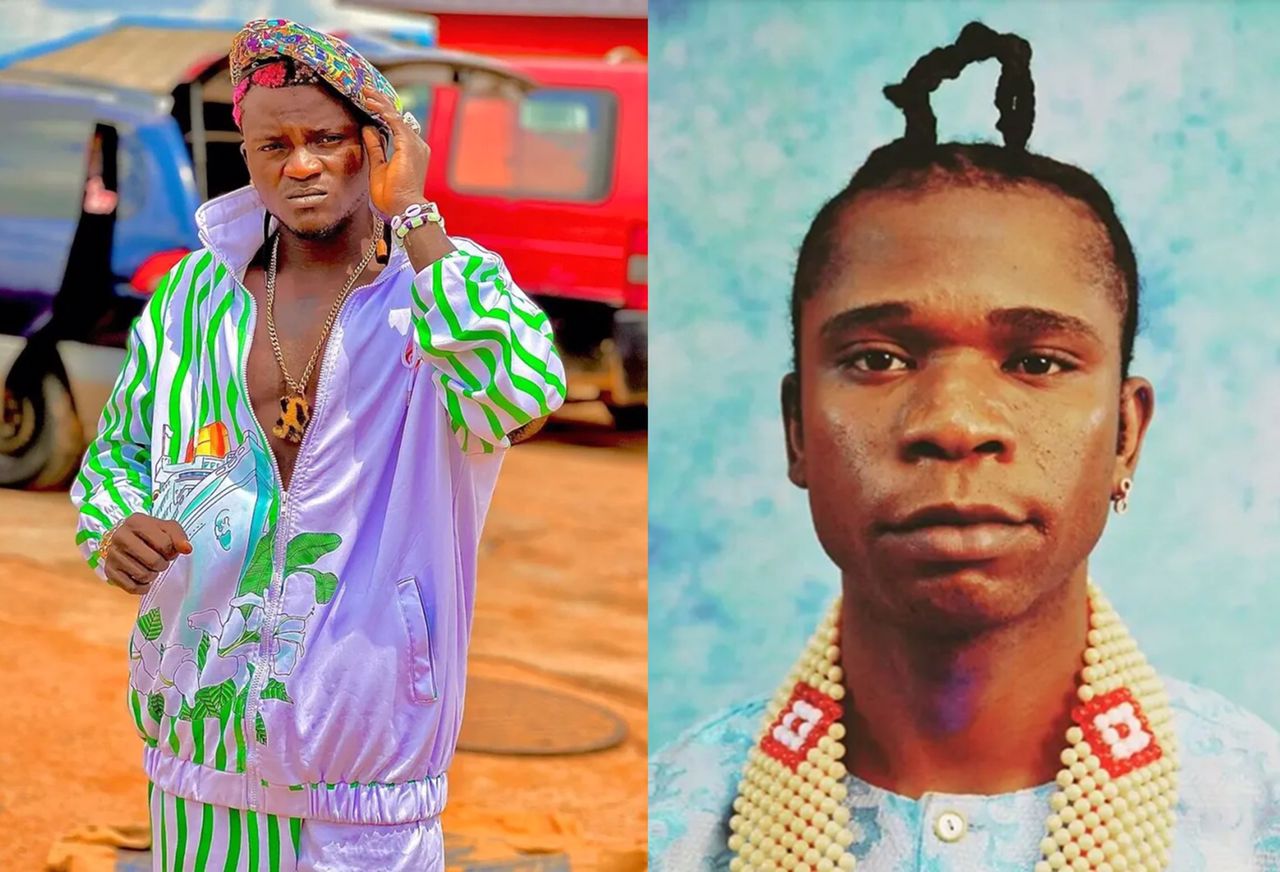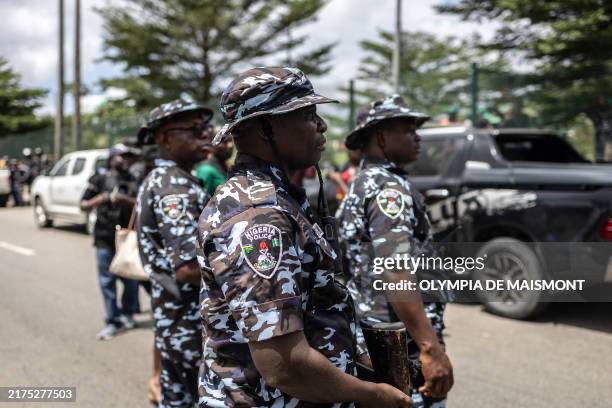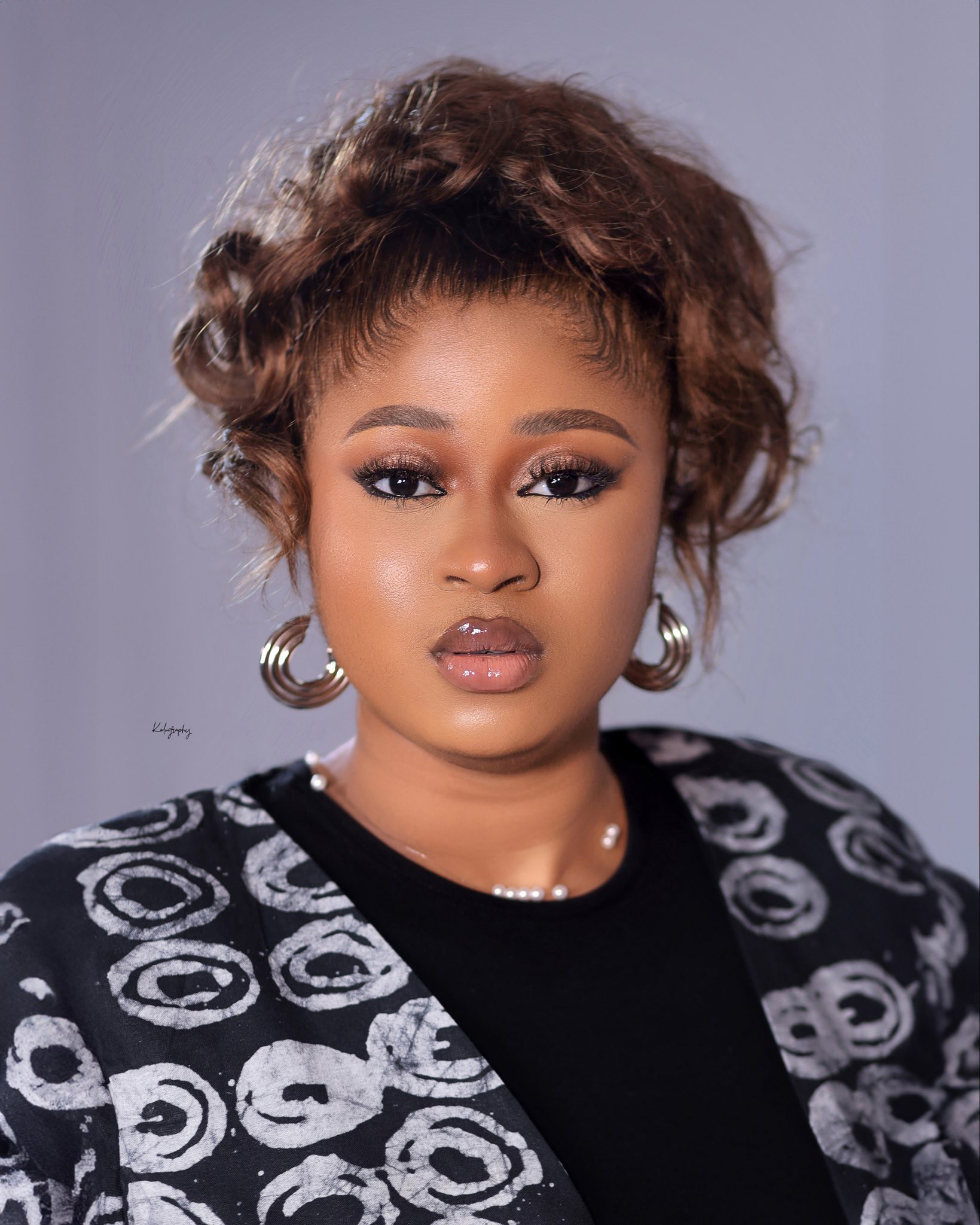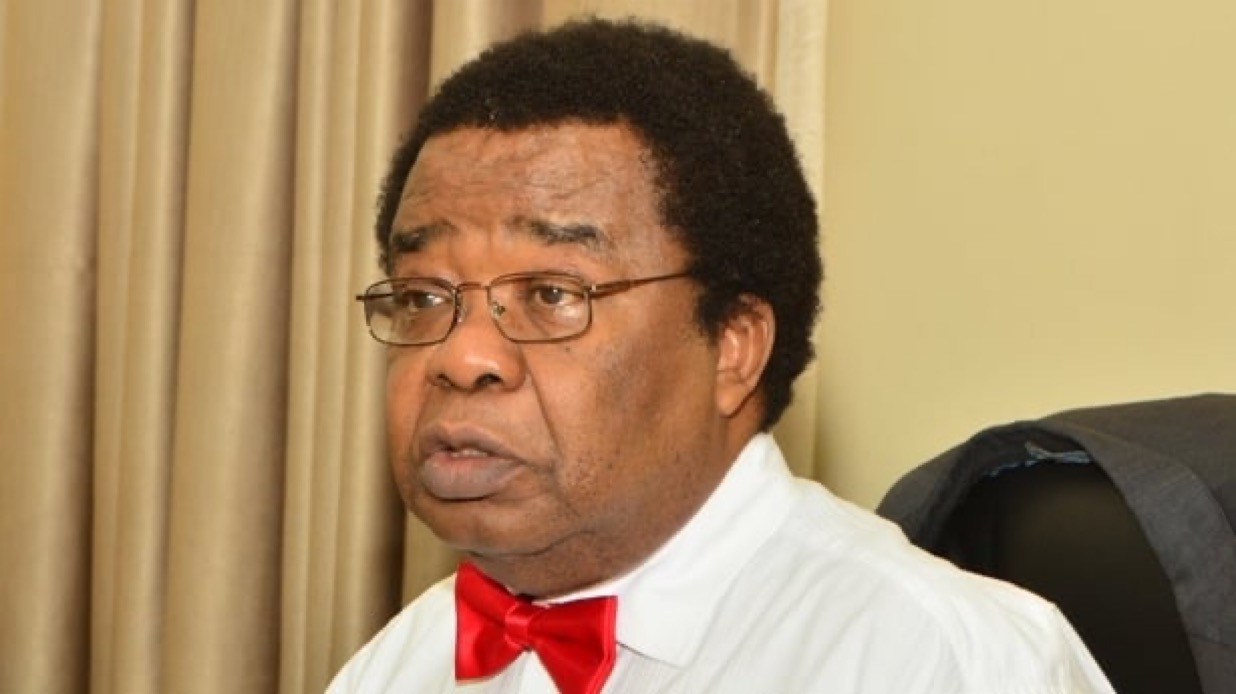
Portable Slams Speed Darlington, Calls Him a Disgrace to Igbo Men Amid Fresh Controversy

In a dramatic twist that has taken the Nigerian entertainment scene by storm, controversial street-hop artist Portable has launched a blistering attack on fellow entertainer Speed Darlington, labeling him a "disgrace to Igbos" and accusing him of being the laziest Igbo man he has ever encountered. The scathing remarks come on the heels of a recent social media spat involving Speed Darlington, whose comments and lifestyle choices have once again ignited a firestorm online.
Portable, known for his raw, unfiltered outbursts and viral street credibility, did not hold back in his latest video rant. The artist, whose real name is Habeeb Okikiola, went live on Instagram earlier this week to express his frustration and disappointment at Speed Darlington’s behavior, particularly as it pertains to how Igbo men are traditionally perceived in Nigerian society. “Igbo men dey hustle, dem dey take care of woman,” Portable said with intense emotion. “But this one—this Speed Darlington—is a disgrace. He is lazy. Na the first Igbo man wey I see wey no sabi work, wey no fit take care of woman.”
His comments struck a chord, sparking a wave of reactions from fans, social commentators, and fellow entertainers. For many, this wasn’t just another case of celebrity beef; it tapped into deeper issues surrounding cultural expectations, masculinity, and the responsibilities often placed on men—especially within the Igbo ethnic group. In Igbo culture, men are expected to be providers, hard workers, and protectors of family and community. So when Portable accused Speed Darlington of failing to uphold these values, it wasn’t just an insult—it was an attack on character and identity.
Speed Darlington, a US-based Nigerian artist known for his eccentric personality, comedic videos, and controversial takes on politics and pop culture, has often courted attention by pushing boundaries. But his latest social media behavior—where he made dismissive comments about romantic relationships and appeared to mock the idea of financially supporting women—rubbed many the wrong way. Critics saw it as hypocritical and tone-deaf, especially given the cultural norms he hails from.
In his video, Portable questioned how Speed Darlington, who frequently boasts about his “American experience,” could be so out of touch with the values of his roots. “You say you be American, but even Americans dey work,” Portable said. “Wetin you dey do? You just dey talk anyhow for live video, dey disgrace Igbo people. Your own people dey hustle for market, for business, for music, even politics. You dey internet dey yarn dust.”
Fans of both artists quickly took to social media to weigh in, turning Twitter, Instagram, and TikTok into a digital battleground. Hashtags like #PortableVsSpeed and #IgboMen trended for hours, with many users siding with Portable for calling out what they saw as irresponsible behavior. Some praised Portable for “defending the integrity” of Igbo men, while others accused him of blowing things out of proportion and simply looking for clout.
Interestingly, while Portable is Yoruba and Speed Darlington is Igbo, the clash stirred debates around interethnic perceptions and how Nigerians often judge each other across tribal lines. Some felt Portable’s criticisms, though harsh, carried weight because they echoed frustrations many Nigerians have expressed about celebrities who they feel aren’t living up to their platform or heritage. Others, however, cautioned against using cultural stereotypes to shame or define someone’s choices.
Speed Darlington, known for never backing down from a public confrontation, has yet to offer a direct response to Portable’s comments. However, in a cryptic Instagram story posted shortly after the video went viral, he wrote, “Real men don’t explain. Broke minds argue.” Many interpreted it as a subtle jab at Portable, insinuating that he doesn’t owe anyone an explanation for his lifestyle or opinions.
Yet, that wasn’t enough to stem the growing backlash. Even within the Igbo online community, some voiced concern about Speed Darlington’s behavior and echoed Portable’s sentiment that he does not reflect the traditional Igbo work ethic or values. “Say what you want about Portable, but he’s not wrong on this one,” one Twitter user wrote. “Speed just dey do anyhow. No hustle, no sense of responsibility, just vibes and noise.”
Others argued that both artists are products of a digital era where clout and controversy often overshadow substance. “We shouldn’t be using Portable as a moral compass either,” one Instagram user commented. “Both of them thrive on chaos. This is just another episode in their reality TV lives.”
Despite the back-and-forth, the incident has sparked important conversations around masculinity, responsibility, and the public expectations placed on celebrities. In a country where economic hardship has forced many men to embrace a relentless hustle culture, the idea of a man, especially an Igbo man, appearing lazy or unwilling to support a partner is seen not just as a personal failing but a cultural betrayal.
As the online debate rages on, one thing remains clear: Portable has once again inserted himself into the center of a viral firestorm, but this time, with comments that many are taking seriously. Whether his intention was to defend a cultural value or simply call out a rival, he has opened the floodgates to a larger discourse about what it means to represent one’s people in the age of social media.
For Speed Darlington, the pressure is mounting. Whether he chooses to address the controversy head-on or continue brushing off criticism remains to be seen. But as fans watch both men continue their unpredictable antics, one can’t help but wonder if this latest war of words is just the beginning of another long-running feud in the always unpredictable world of Nigerian celebrity culture.


